#the healing journey
Text
You can forgive someone even if they aren't sorry.
It's a gift you're able to give to yourself. A form of release where you do not allow hate to churn your heart, and instead make room for love to expand it.
It doesn't mean you're required to forget and pretend something didn't happen or not retain the boundaries you need, but forgiveness can be an important stepping stone on your healing path. And I hope you allow yourself that gift as you move forward with love and clarity.
7 notes
·
View notes
Note
Hi
i am dealing with emotional dependency, after one year of therapy I finaly get the chance to acces to life without emotional dependancy but the problem is that I’m still fall back to it… My therapist said I should keep talking to my inner child or close my eyes be calm and imagine that inner child and speak to him… but those things are hard for me to do when i’m getting totaly disconnected doing them in repeat doesn’t make me conscious of who i am for a long time before i get disconnected. Also they are saying that since I’ve been like that for so long repeating is part of the healing processe. On the other hand I’ve heard also that one of the reasons i keep falling is that something deeper need to be found and be fixed. I really want to hear what you think.
Hey Anon,
Repetition is definitely necessary to change your way of thinking. Of course it's absolutely normal to fall back when it comes to healing because we're learning to reprogram our brains from one way of thinking into another. You have to remember that we got to our unhelpful way of thinking by repetition as well. We kept telling ourselves we're not this or that, we're not good enough, we're bad, etc., over and over again until we actually believed it. When it comes to therapy, we have to teach ourselves to think differently to combat all of those unhelpful beliefs that got us feeling bad about ourselves in the first place. It takes time and a lot of patience with ourselves to achieve the results. I understand what you mean thought about feeling disconnected though because sometimes we're just saying things for the sake of saying them and it loses all meaning. At that point I think it's okay to take a break and repeat those things when it's really necessary.
There are always going to be things that will need fixing on our healing journey. It really never ends and even though I have been in my journey for a long time, I'm still uncovering new things all the time. The whole point is to not be afraid of the things that are still hiding in the layers of healing. You don't always have to be thinking about those things, but definitely set some time aside for yourself where you can just sit with yourself to see if you can go deeper inside your mind to figure out what's causing you to believe certain things or behave in certain ways. The inner child visualization is definitely helpful though because at the end of the day, we're still children on the inside and we're still dealing with and processing all the things we learned from when we were a child. They still affect us today and the more you comfort and speak to your inner child, the more you'll be able to find the things you need healing from.
2 notes
·
View notes
Text
STOP THINKING THERE IS A DEADLINE. THERE IS NO DEADLINE. TAKE A DEEP BREATH AND TAKE YOUR TIME.
126K notes
·
View notes
Text
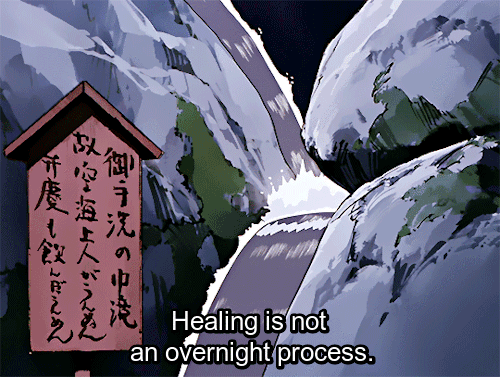
#healing#journey#growth#progress#patience#self-compassion#innerstrength#resilience#emotionalwellbeing
10K notes
·
View notes
Text
youtube
Our society tends to chase the sensational and when it comes to transformational events, we are fed the lie that big outbursts of emotions are healing releases. In this video, I cover how this perception can be dangerous, what transformation looks like, and how it happens.
To find out how I can support you: www.chahigginson.com
👉 Subscribe to my channel to stay tuned: https://cutt.ly/H9WXgs5
The intensity of the experience does not equate to the level of healing that occurs. Cracking open can be a traumatic experience and can send individuals back in their healing journey instead of assisting them through an integration process that leads to sustainable transformation.
On your healing journey, it's important to be aware of certain transformational trends that may appear appealing at first glance but can actually be harmful to your overall well-being. These trends often promise quick fixes or dramatic transformations but fail to address the root causes of your pain and struggles. By recognizing these dangerous trends, you can avoid falling into their traps and instead focus on more sustainable and authentic paths to healing.
One such trend is the "overnight transformation" mindset, which promotes the idea that you can completely transform your life and heal all your wounds in a short period. While it's natural to desire quick results, true healing is a gradual and ongoing process that requires time, patience, and consistent effort. Beware of any approaches that claim to offer instant solutions without addressing the underlying issues.
Another dangerous trend is the "toxic positivity" movement, which encourages suppressing or denying negative emotions in favor of constant positivity. While maintaining a positive outlook can be beneficial, it's essential to acknowledge and process your emotions, including the difficult ones. Ignoring or repressing negative emotions can lead to further distress and prevent genuine healing from taking place.
Beware of trends that promote dependency on external sources for healing. While seeking guidance and support from others is valuable, be cautious of approaches that encourage reliance solely on gurus, healers, or self-help programs without fostering your own inner strength and self-empowerment. True healing comes from within, and it's essential to cultivate your own inner resources along the way.
Remember, your healing journey is a deeply personal and unique process. It's important to approach it with discernment, self-compassion, and a commitment to your long-term well-being. By avoiding dangerous transformational trends and embracing a holistic and sustainable approach to healing, you can cultivate lasting growth, resilience, and inner peace.
#healing journay#self healing journey#the healing journey#meditation journey#mental health#trauma#psychology#mental health tips#mental health awareness#how to improve mental health#cha higginson#the soul strategist#shamanic healing#consciousness#spiritual health#dangerous transformational trends#transformation#sustainable transformation#trauma healing#integration#heartscaping#how to heal yourself#how to heal your inner soul#Youtube
0 notes
Text

We all know at this point that the name Astarion is connected to the word "star" (starry or little star).
But Larian decided that they wanted to go all in with the details and they delivered!
The flower you can place on his tomb in the final romance scene (which I think is such a cute and tender gesture and I love his reaction to it), seems to be an Ornithogalum umbellatum, a star-shaped white flower with six petals. Among the plant's many common names, there are summer snowflake, starflower, and star-of-Bethlehem.
Moreover, in the language of flowers, its meanings are related to trauma, mourning, and welcoming pain without repressing it.
According to Doctor Edward Bach (1886 – 1936), these flowers are "For those who find themselves in a state of great anguish due to situations that, in a given period, have caused so much unhappiness", and can be used to help with the aftermath of a trauma, the alleviation of pain and the mourning process.
Edit: every time I see an artist include this flower in their Astarion fanart my heart swells with joy. Love this community
#Alright I'm gonna go cry#as if that scene didn't already break me#I love the good/spawn ending so much#it's such a lovely testament to the journey to overcome trauma and start the healing process#bg3#baldur's gate 3#astarion#astarion ancunin#baldur's gate iii#bg3 astarion#language of flowers#bg3 spoilers
7K notes
·
View notes
Text
SELF VALIDATION

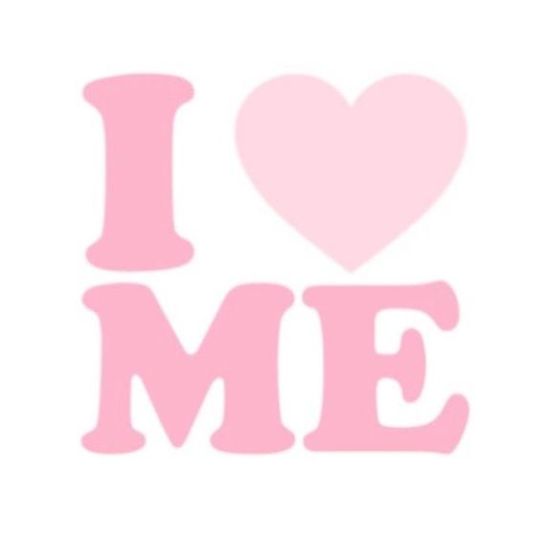

First things first, if you validate your existence on externalities, you will never truly be happy. While it’s important to have values and to act on them, it shouldn’t be your main source of happiness.
E.g. parent validation, academic validation, and male validation. So, here are some tips to validate yourself.
VALUE YOUR OPINION. You should have the ability to make decisions and identify yourself solely on your opinion. Trust, giving people that ability to shape your decisions and curate your identity, allows them to dictate your worth.
SELF LOVE OVER OTHERS. Ensure you are doing everything in your power to treat yourself lovingly. Even if it means sacrificing a few things in life. E.g. going to sleep early instead of cramming for a test.
BE RESILIENT. When I say that, I don’t mean ‘don't let anything affect you’ but rather, build yourself up to the point that when someone/something knocks you down, you can bounce back easily.
BECOME SELF AWARE. Know your strengths, and weaknesses, and be mindful of the truth. Be genuine when it comes to this because self-awareness helps us with becoming more in touch with our inner selves.
AVOID NEGATIVE SELF TALK. This can cause us to rely on others to hear good things about ourselves. Instead, say affirmations in the mirror.
STOP PEOPLE PLEASING. There’s a difference between genuinely being nice, and being a doormat. You shouldn’t have to bend over backwards for others, and they give absolutely nothing back. Invest that time and effort into yourself.
SOMEONE’S GAIN IS NOT YOUR LOSS. This is a mindset shift that will change the game. You have to stop seeing successful, wealthy, pretty or intelligent people as threatening your skills or talents. There is enough success for everyone.
DETACH FROM OTHERS. Friends, family, males, etc. Stop letting how other people treat you, dictate your mood for the rest of the day. The only factor your mood should depend on is you. What you do, say, and act is the only factor.
KNOCK OTHERS FROM YOUR PEDESTAL. The only person that should be on top of your pedestal, is you. By doing this, you create an inferiority complex for someone else and give them superiority.
OTHER’S OPINIONS ARE MOMENTARY. They will always move on with their day and see what needs to be done. They do not care about you as much as you think. So, do not even try to give them the time of day.
BUILD BOUNDARIES. With others and yourself. Both are equally important because you value yourself enough not to do something you’ll regret.
#becoming that girl#becoming her#clean girl#green juice girl#that girl#it girl#self improvement#it girl tips#it girl energy#self control#self care#self confidence#self development#self growth#self healing#self love#dream girl journey#dream girl#dream life#dream girl tips#dream girl vibes#male validation#academic validation#self validation#i need validation#i crave validation#acceptance#mentalhealth#healing journey#emotional health
4K notes
·
View notes
Text
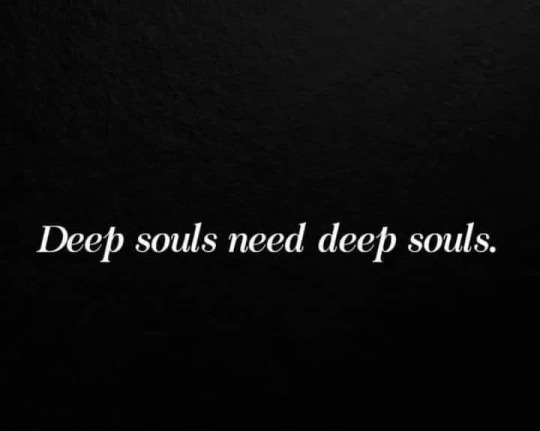
#shamanism#shaman#shamanic#spiritual#ayahuasca#shaman journey#altered consciousness#healing#motivation#self healer
6K notes
·
View notes
Text
Emotionally healthy people are quitters ✨
Emotionally healthy people are quitters. They make choices that align with their well being. Quitting a relationship, partnership or job that makes you unhappy is a sign of self awareness. If someone stays in something bad for too long, it's not because they're strong, but because they're afraid or have low self esteem. Being emotionally healthy means having awareness, setting boundaries, and knowing when it's time to move on from situations that no longer serve you. It's about prioritizing your mental and emotional health over sticking with something that's causing you harm or making you unhappy.
Emotionally healthy people also tend to have good communication skills. They express their feelings and needs calmly, openly and honestly. They also look for guidance and enlightenment because they understand that seeking help is a sign of strength not weakness.
They make decisions out of self love rather than attachment or fear. When you prioritize loving yourself, you make choices that align with your happiness and growth, rather than staying in situations out of comfort or insecurity.
Recognizing when you have an unhealthy attachment or that your feelings may not be conducive to your well being is important. It allows you to take a step back, evaluate the situation objectively, and make choices that are in line with your best interests.
Sometimes holding on can lead to more pain and struggle than necessary. It's a sign of emotional maturity to recognize when a situation is no longer good for you and to have the strength to let it go.
Things that are genuinely right for you should not cause you harm or emotional pain. Choosing pain is a sign of a lack of self love. Recognizing the need for change, prioritizing self love, and making healthier choices is how you begin to change your life.
Reframe your mindset from “this is hurting me because I love it” to “this is hurting me because I do not love me.”
#emotional attachment#emotional intelligence#attachment issues#self love#self healing#self development#self help#self improvement#self awareness#self care#self esteem#personal growth#personal development#personal improvement#levelupjourney#girlblogging#dream girl journey#dream girl tips#dream girl guide#self confidence#advice#relationships#healthy relationships#toxic relationship
5K notes
·
View notes
Text
Hard therapy session today
(More under the cut about my healing journey - non descriptive reference to systematic trauma and abuse)
Having to unpack a core wound of "there is something innate about me that makes people want to do bad things to me" will be one of the hardest things I will ever have to do. It has been a conditioned response since childhood. A cyclical repeat through my teens and into my adult life.
A segregated part of my inner child has been sitting in an echo chamber, a dark, bottomless pit, where the things I said but were ignored are repeated back to me in a simultaneous taunt, and plea. One I needed to contain in order to survive but stopped serving me a long time ago.
I've reached the point in my journey where I now have the coping skills and tools to look into this chamber without fearing being dragged down into it - and now I must start the part where I sit along the edge and call down to the wounded creature and say, "What is it that you need (when it comes to this wound)?"
It has been too scary to ask before.
Would I be yet another adult who failed?
But it's time. And I'm ready to integrate all the parts of myself that need it. I'm ready and scared all at once.
#the healing journey#tw abuse#c-ptsd#personal#maybe to delete#but i also wonder if this might resonate or encourage other survivors
2 notes
·
View notes
Note
Hi it's anon again!
I've sort of asked about this before I think but I've been wondering about certain things related to anxiety and stuff.
Anxiety is something everyone experiences, right? Like getting very nervous, worrying a lot over something, overthinking, panicking a bit in certain situations, etc. And from what I've learnt in the last three years, when all of those "symptoms" get too frequent or to put it simply, when they start disrupting or negatively affecting daily life, we call it a disorder, right? Like any anxiety disorder- could be gad, ocd, panic disorder, ptsd, etc. I'm not too sure though but that's my general understanding.
You know how I've mentioned about me not liking labels before? I've been wondering....suppose a person gets diagnosed with any anxiety disorder, I'm assuming, in those cases, most times, the person does have their daily life or functioning affected in a certain way, is it not?
Hmm then when can we say that person no longer has that disorder? What I mean is, a person isn't going to completely forget their thoughts or worries or triggers, right? Even in recovery, there's bound to be times where someone sees/hears something triggering which might make them worry or make them anxious for a small while. Does that mean their "disorder" never went away? Or like.....do they have their diagnosis back? Umm I don't know how to explain this properly tbh.
For example, if a person has a GAD diagnosis but then they work through it and start recovering, they learn to not react too anxiously in regards to most of their symptoms, or don't get as triggered by their symptoms....like getting worried/anxious for a few seconds to minutes but letting it go, then does that count as recovery?
And if that same person, suppose stumbles upon something too triggering which might make them have certain symptoms back for a few days, does that mean they completely relapsed and have their diagnosis back again?
I'm confused by this because most people (those who do not have anxiety disorders) still feel anxiety at a general level, right? Since it's a human thing, a normal emotion/feeling or response to a scary situation. And I'm assuming most people have certain things or topics that make them anxious and make them worry. So for those people, just because they feel anxious when it comes to certain things doesn't mean they have an anxiety disorder, does it? Because that would mean almost everyone has an anxiety disorder which isn't true I guess. So I just wanted to ask about that oh and I'm not asking for a medical or professional opinion of any sort! It's just a genuine question I wonder about sometimes.
If I have to explain my situation.... I've talked many times about how throughout second half of 2020 and more or less 2021 too, I had more anxiety issues but I was in therapy for about half a year and by the beginning of 2022, I was doing much better.
Since 2022, I've had ups and downs ofc. Like moments of worry here and there but also longer periods like the whole July of 2022 was just me worrying and being anxious and overthinking and stuff. But just that one month. After that passed, it was back to like a few small moments of worry/anxiety, at most a day or two or three. Even in 2023, the worrying came back around late June and since then until now, it's been fairly....idk how to say this.....it's been well?
Since July 2023, I've had times where I've worried a lot, or ended up overthinking way too much about really really silly stuff or even had one moment where I almost started feeling shaky from anxiety but it didn't happen because I managed myself well in that moment.
For the most part, for me, it's almost always just excessive worrying and overthinking. Most times, I'll just worry for a few minutes, sometimes it takes me like a day to get over something, sometimes it takes multiple days to a week. A major contributing factor to this is also that I'm home with really no schedule to follow because I've noticed whenever I go out, I pretty much never think about my worries.
Also in the last two months, I've really managed my thoughts well I'd say. Even if a certain "worry" thought comes up, even if it pops up in my mind more than once throughout the day, I don't dwell too much on it or even if I do, I don't do it with fear but try to do it with a curious outlook. And I try to rationalise a little (not too much because that doesn't end well), I try to simplify it and let it go.
To put it simply, I've felt pretty good mentally since 2024 started. I've had occasional worries about the same old topics I always mention to it (just lots of what ifs about my mistakes, if I deserve stuff, about ocd a panic disorder, intrusive thoughts like what ifs and about if anxiety will "ruin" my future, about apologising, if I should be moving on with my life without guilt, etc.) These are all topics that mostly I've always talked about to you so even now when a thought does pop up that makes me worry or anxious, it's almost always related to one of those topics but I can manage it well, that's what I'm saying.
Throughout 2022 and first half of 2023 and last two months, when I say I've been doing good, I mean, worrying intrusive thoughts (like what ifs) do pop up but I don't let them affect me too much, I keep my focus on my ongoing tasks and remind myself that those are just thoughts and old negative thinking patterns. Simply put, I don't let those thoughts take over my day, my week or my life. Something like that.
And I'm assuming that is more or less how someone without any anxiety disorder feels too? Like having certain old/new worries pop up, those worries might come and go throughout their day or week and they might have moments of worry and anxiety over those but they don't let it affect them or their life too much. Isn't that normal for most people?
So if my days or my experience is similar to that for weeks or months, does that mean, my anxiety is no longer "disordered" and back to normal levels more or less? I mean, the "topic" of the worry doesn't really matter, does it? Like for me, it's those topics I mentioned above, for someone else, it might be some other things that they worry about sometimes like finances, health, etc.
And if so, then if somehow it happens that in the future, I end up getting triggered enough that it sends me into an on and off overthinking spiral that lasts for a few days, then will that mean that my anxiety disorder is back? Or will it just be a normal anxiety flare and not that diagnosis which can be labelled again?
Like if you've recovered now and no longer hold that diagnosis which you initially had but still if you might get triggered by something in the future and have an anxiety spiral over it for a few days or so, does that mean you have that disorder that you were diagnosed with again? Or does that simply mean, it's just a longer than usual anxiety spiral but not that anxiety disorder that you used to have before..... something like that.
Because if someone recovers from whatever they were diagnosed with, they still might have times here and there where they think about those things they used to be anxious about, they might get a symptom or two sometimes too because it's not like we are erasing the memory by recovering, right? So any small setback or any time in the future where they have a day (or a few days) worrying or getting anxious about their worries or certain thoughts, doesn't have to mean that they never recovered or that their disorder or diagnosis is back again, does it?
And recovery doesn't mean the complete absence of worries or triggers does it? At least, I think that recovery is more of a habit of outlook of not letting the triggers affect you so much that the anxiety takes over your life again. Like it's natural to have moments of uneasiness and anxiety still about things you thought you were over but just because of that, it doesn't mean that you never recovered or that you are back to your condition again or something, right? That's what I meant....
Am I making any sense? I'm hoping my point reaches across to you because it's a bit hard to explain this.....
Also, you don't have to answer if this makes you uncomfortable in anyway! And as always, thank you for hearing me out 💖
Hey Anon,
Yes, anxiety is something everyone experiences at some point in their life, to varying degrees. It's considered a survival mechanism that we all possess. If it gets to a point where it disrupts your quality of life for longer periods of time, then yes, I'd consider it to be a disorder.
Hmm then when can we say that person no longer has that disorder? What I mean is, a person isn't going to completely forget their thoughts or worries or triggers, right? Even in recovery, there's bound to be times where someone sees/hears something triggering which might make them worry or make them anxious for a small while. Does that mean their "disorder" never went away? Or like…..do they have their diagnosis back? Umm I don't know how to explain this properly tbh.
Anxiety is something that comes in waves. If you know anything about your Autonomic Nervous System, it's made up of 2 divisions: sympathetic (fight-or-flight) and parasympathetic (rest-and-digest). We're supposed to be in rest-and-digest mode 80% of the time, while fight-or-flight should be 20%. However, someone with anxiety is likely in fight-or-flight mode 70%-100% of the time. When you're able to regulate your nervous system to the point where you're only in that fight-or-flight mode for less than probably 50%, I'd say that you've overcome that disorder. Anxiety is a survival mechanism so it'll never be 0% because our brain will never operate that way for us to be able to react to threats/danger.
As someone who used to suffer from depression, I knew I was healed when I no longer thought about killing myself or wanting to die every day. I knew how to combat the thoughts that used to take me down and win those battles, but also could sustain that. Do I still get depressing thoughts? Yes…but I know how to let them go without it bringing me down to those low places where I would beat myself up or turn to self-destructive behaviors (but it doesn't mean I havent tried doing them in the past!) Things just no longer have the same power as they used to before. That's how I knew.
And if that same person, suppose stumbles upon something too triggering which might make them have certain symptoms back for a few days, does that mean they completely relapsed and have their diagnosis back again?
Recovery is not a linear process, so I get why it's hard to grasp. Given that they learned the proper tools how to handle any triggers, then they just have to apply what they've learned before to get themselves out of this trigger too. Healing is a constant and never-ending battle. I still find myself being triggered here and there with things, but I know how to handle them and disarm them fairly quickly instead of letting it consume me entirely. As you go along in your journey, you should already be well equipped to figure out how to handle things…and even if you can't do it on your own, you should already hopefully have a support network to help give you insight into how you can handle this particular trigger this time. I've never experienced total relapse where I've gone all the way back to the bottom of the staircase. Yes, I've had setbacks, but never to the point where I felt like I should give up and resort back to my destructive and unhelpful behaviors. To me, I found that I wouldn't let myself go back there.
And I'm assuming that is more or less how someone without any anxiety disorder feels too? Like having certain old/new worries pop up, those worries might come and go throughout their day or week and they might have moments of worry and anxiety over those but they don't let it affect them or their life too much. Isn't that normal for most people?
I'm starting to find that the common misconception people feel about "those without anxiety disorders" is that they've never experienced before, but that's not true. A lot of the time, people have learned to copy with them. Just like weight training, the weights never get lighter, YOU just get stronger and are better able to lift them. The weight has never changed, but YOU have. These people (myself included) have learned the right tools to be able to deal with these worries because it's something that will never go away. Like I mentioned above, that fight-or-flight mode is a survival mechanism that will never be 0%
Like if you've recovered now and no longer hold that diagnosis which you initially had but still if you might get triggered by something in the future and have an anxiety spiral over it for a few days or so, does that mean you have that disorder that you were diagnosed with again? Or does that simply mean, it's just a longer than usual anxiety spiral but not that anxiety disorder that you used to have before….. something like that.
I think you have to be suffering with the anxiety for several months and even years for it to be considered a disorder. I think it's natural to dwell on certain triggering things for some time, but if you're able to eventually overcome it, then no, I wouldn't consider it being something you're diagnosed with again.
And recovery doesn't mean the complete absence of worries or triggers does it?
Recovery means being able to handle the worries and triggers right as they happen and not letting it consume you for long periods of time :) The weight doesn't get lighter, YOU get stronger.
#ask#answered#anon#anxiety#anxiousness#anxious thinking#sympathetic nervous system#parasympathetic nervous system#nervous system#mental health#mood disorders#ocd#obsessive thinking#the healing journey
0 notes
Text
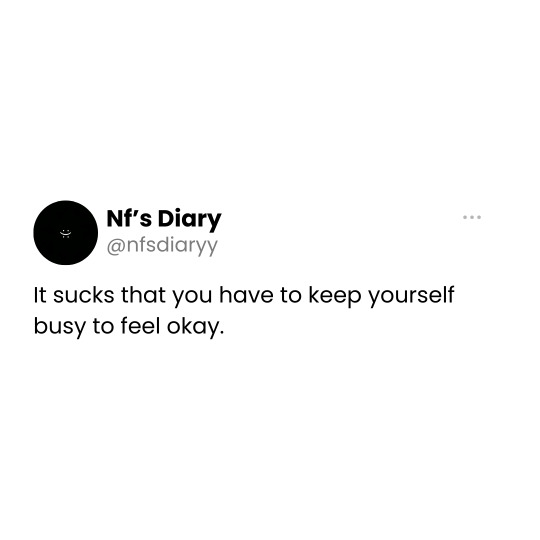
#quotes#feelings#life quotes#words#lit#poetry#spilled ink#love#positive quotes#notokay#trying#thoughts#therapy#exhausted#healing journey#emotions
3K notes
·
View notes
Text
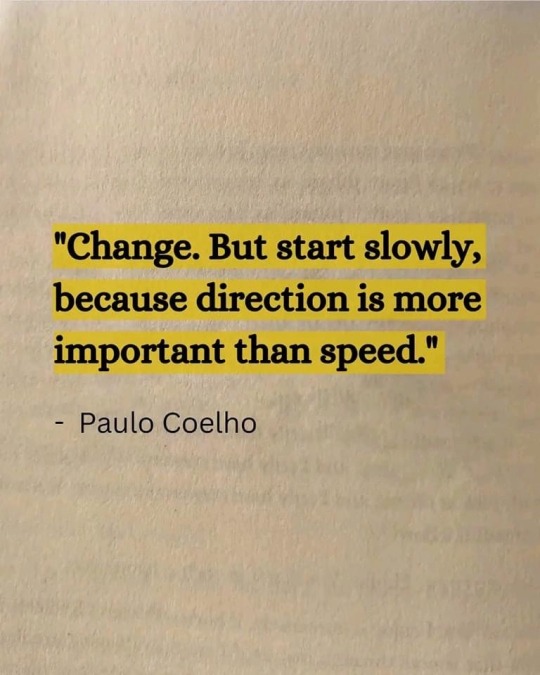
#self love#mindset#encouragement#quotes#inspiration#words#love#self healing#greatness#motivation#positive mental attitude#life journey#baby steps#gradually#positivity#self improvement#happiness#love yourself#positive thinking#self impowerment
2K notes
·
View notes
Text
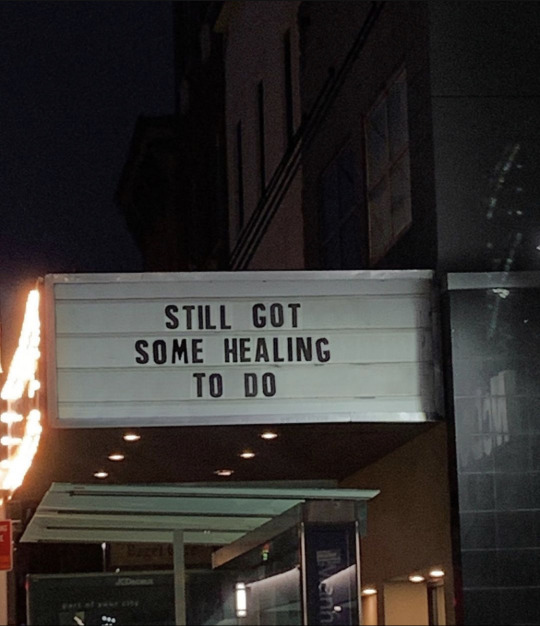
#healing#selfcare#selflove#wellness#personalgrowth#mentalhealth#emotionalhealth#selfcompassion#selfacceptance#recovery#journey#progress#hope#strength#resilience#nevergiveup
4K notes
·
View notes
Text
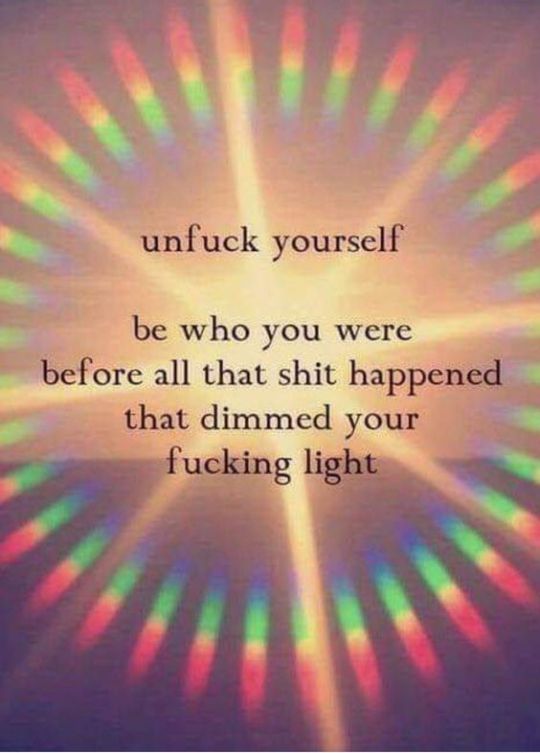
#quotes#spiritual#inspiration#soul#life#inspirational#spirituality#universe#love#spirit#spiritual awakening#spiritual community#spiritual awareness#spiritual development#spiritual healing#spiritual journey#spiritualgrowth#spiritualguidance#spiritual disciplines#spiritual knowledge#intuition#meditation#spiritual growth
2K notes
·
View notes
Text
Biggest form of self love…
Choosing yourselfೃ࿔*:・

• Set boundaries and stick with them, girl. Allowing someone to cross your boundaries and hurt you, THEN FORGIVING THEM?? No. That is like the ultimate act of anti-self love.
It can be good to give second chances and be forgiving, but you have to cut out toxic people if you want the best for yourself.
• Say ‘no’ without feeling bad. YOU ARE YOUR OWN PERSON. Do what YOU want to do.
• Be caring and loving towards yourself. Never neglect or hurt yourself. You are the most important person in your life, seriously.
Be kind to others while still putting yourself first.
• Push yourself a bit! Try new things, set goals, and work to improve yourself.
Sometimes self love can mean getting out of your comfort zone and growing a bit. Find new ways to be your best self.
• Relax. Pushing yourself is great, but stretching yourself out too thin is no good. Sometimes you need to rest, relax, and pamper yourself, after all you deserve it.
I love to treat myself.
Go for a peaceful walk. Take a long bath/shower. Lay in bed. Make a warming beverage. Watch your fav show/movie/Youtuber/etc. Make yourself a cute snack or a nice filling meal. Do whatever makes you feel good. <333


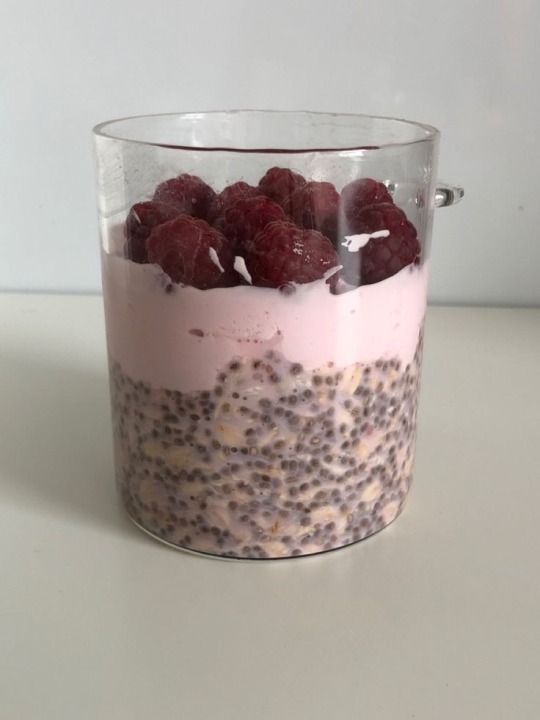

#self care#higher self#self healing#self love#self improvement#best self#dream girl#dream girl tips#pink pilates girl#pink pilates princess#becoming that girl#dream girl journey#glow up journey#wonyoungism#wonyoung motivation#wonyoung#wonyoung aesthetic#green juice girl#clean girl#wellness girl#private school girl#vanilla girl#it girl#pink academia#pink moodboard#girljournal#manifesation#positive affirmations#girly blog#pink blog
3K notes
·
View notes